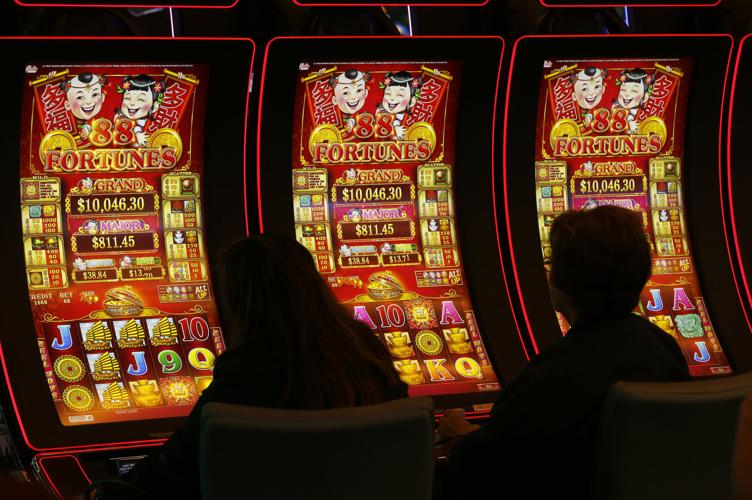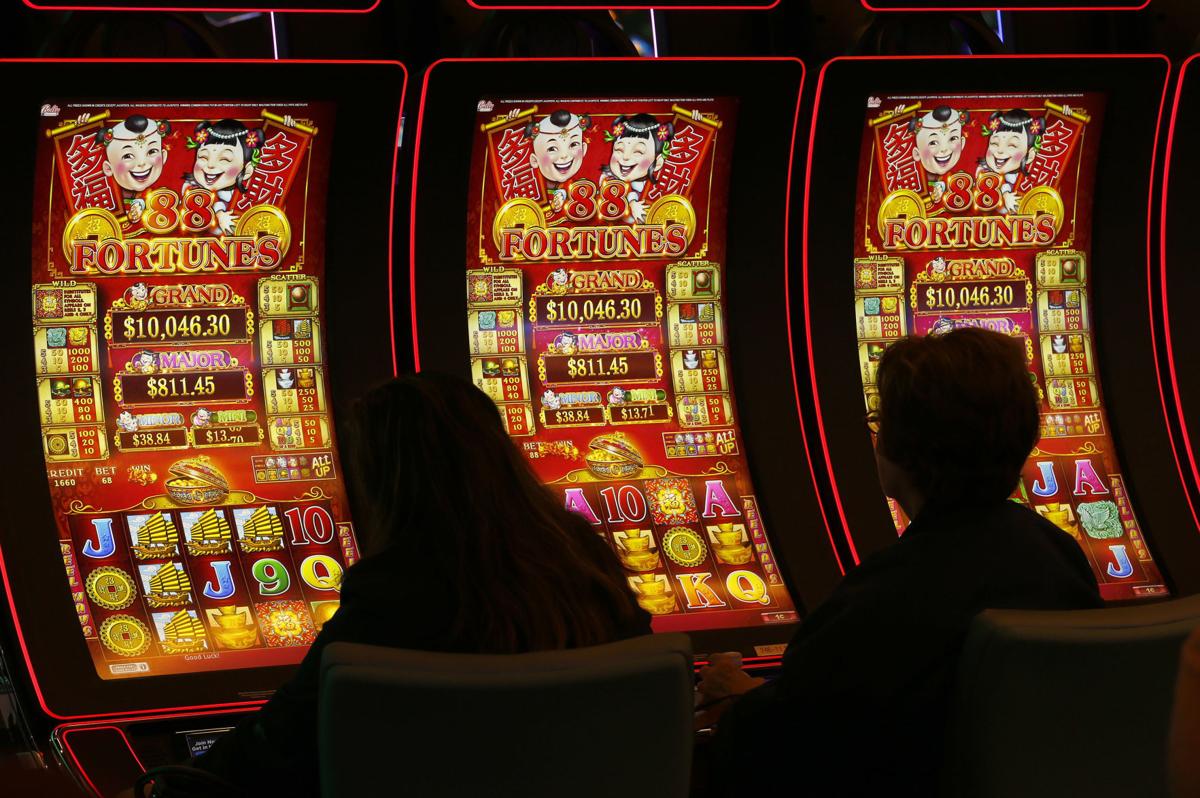PHOENIX — A federal judge is questioning some actions by the state’s gaming director in his bid to block the Tohono O’odham Nation from operating a full-scale casino near Glendale.
Gaming Director Daniel Bergin was working through his attorney with a lawyer for the Gila River Indian Community, U.S. District Judge David Campbell said in a written ruling.
The Gila Tribe is not a party to the lawsuit in front of Campbell, which deals only with whether Bergin has the right to deny the certification for Class III gaming to the O’odham. The judge noted the Gila Tribe has a financial interest in limiting the kind of gambling that the O’odham can conduct at the casino, which opened with limited gaming late last year.
Potentially more significant, Campbell said Bergin is supposed to be regulating the activities of both tribes. Yet Bergin was arguing that his lawyer could send letters to the attorney for the Gila River Indian Community about his bid to block full-scale gaming in Glendale but not have to disclose what was said to the O’odham.
Campbell rejected Bergin’s bid to keep the contents of the letter secret, saying there is no legal basis for Bergin’s claim that it is not subject to disclosure.
But that’s not all. The judge said there’s another aspect of Bergin’s bid to keep the Tohono O’odham from knowing exactly how he was working with the Gila River Indian Community to undermine the Glendale casino.
“The court also finds troubling the notion that a state regulatory body could join in a privilege-protected partnership with one of the entities it regulates to thwart expansion of another entity it regulates, whether or not the regulatory body has a valid basis for opposing the expansion,” Campbell wrote. “That appears to be what is happening here.”
In fact, the judge said there appears to be good reason for the Tohono O’odham to want to know exactly what Bergin and his attorney were saying to the Gila River community. He cited other things that Bergin’s office was doing that could be perceived as undermining the Tohono O’odham casino and its operations that are in competition with the Gila tribe.
For example, Campbell noted that Bergin sent a letter last year to the state Department of Liquor Licenses and Control suggesting that agency look for violations of liquor laws at other Tohono O’odham-operated casinos before issuing a license to serve alcoholic beverages at the new Glendale site. To date, the state has not issued the new license.
And Bergin separately wrote to the Congressional Budget Office that was reviewing legislation by Rep. Trent Franks, R-Ariz., to repeal a 1986 law that allowed the tribe to buy the land in the first place, have it become part of the reservation and conduct gaming on it.
The CBO was looking at what would be the federal government’s liability if it voided the law. Bergin told federal officials that he believes the tribe defrauded the state and, in essence, suggested there is no liability for changing the law.
Despite that, the budget office told federal lawmakers the tribe could sue and potentially get up to $1 billion if the legislation is approved and its gaming plans had to be scrapped. The U.S. House eventually voted to kill the Franks bill.
All that, Campbell said, relates to the issue of Bergin working with the Gila River Indian Community — and why the gaming director can’t keep his communications secret from the Tohono O’odham. The judge suggested that hand-in-hand cooperation may be inappropriate.
“Gila River has a strong commercial incentive to stop the West Valley Casino,” Campbell wrote. It currently has the closest casino to the Glendale site, at the southwest edge of Phoenix, and stands to lose business if area residents choose not to drive that far but instead go to Glendale.
“Director Bergin’s interest is not commercial,” the judge said.
The judge said, though, it is not up to him to decide if Bergin has crossed any legal line, as that issue is not before him and “beyond the scope of this order or the jurisdiction of the court.” But Campbell said what he can do is rebuff Bergin’s bid to keep the Tohono O’odham from learning what’s in the letter to the lawyer for the Gila tribe.
A spokeswoman for Bergin said Tuesday he would not comment on the judge’s order.
In a prepared statement, Tohono Chairman Edward Manuel said his tribe “shares the same concerns raised by Judge Campbell.” But Manuel, whose tribe has fought — and mostly won — repeated prior lawsuits over the casino said he remains “confident of a positive outcome in this case.”
In those earlier lawsuits, Campbell acknowledged that voters, asked to approve gaming compacts in 2002, were told there would be no new casinos in the Phoenix area. But he said the actual wording of those deals clearly allows the tribe to build the new casino.
This new case stems from the refusal of Bergin to issue the required state certification for full blown Class III gaming, including slot machines, poker and blackjack. He claims that the tribe acted fraudulently in hiding its intent from voters, an issue that was not part of Campbell’s earlier rulings.
The tribe sued. In the interim, it opened the Glendale casino with Class II slot machines that essentially are linked to instant bingo games, machines the state cannot preclude.







